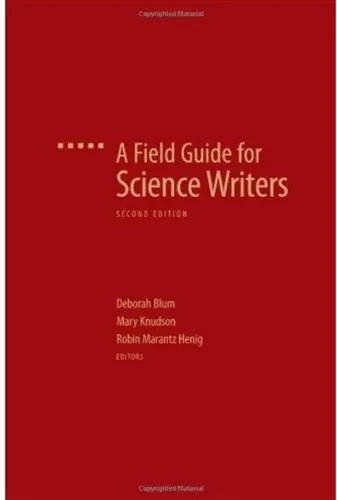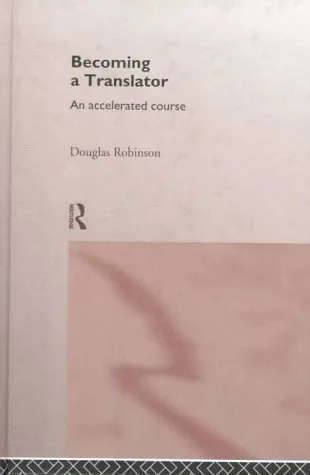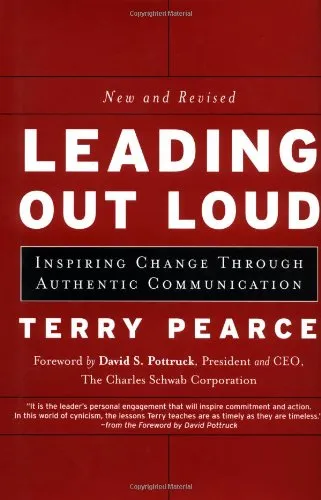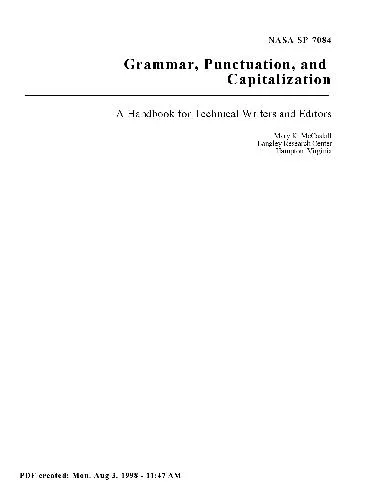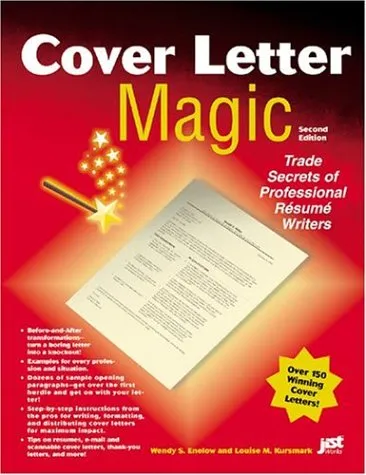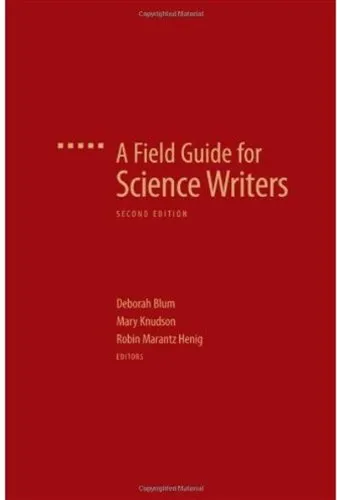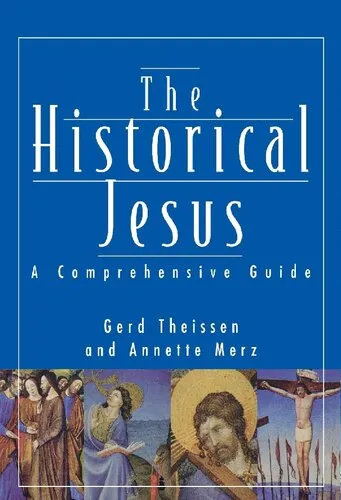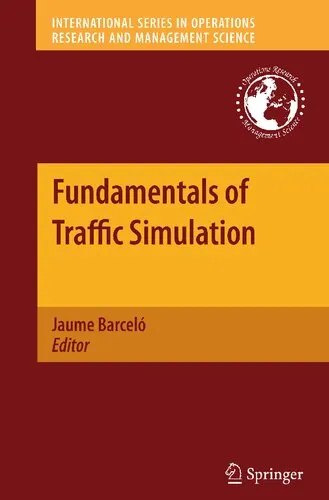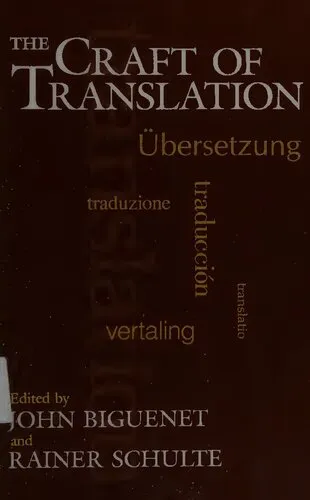A field guide for science writers
4.5
Reviews from our users

You Can Ask your questions from this book's AI after Login
Each download or ask from book AI costs 2 points. To earn more free points, please visit the Points Guide Page and complete some valuable actions.Related Refrences:
Introduction to 'A Field Guide for Science Writers'
Welcome to the world of science writing, where curiosity meets clarity, and complex ideas are distilled into engaging narratives. 'A Field Guide for Science Writers,' authored by Deborah Blum, Mary Knudson, and Robin Marantz Henig, is a comprehensive resource that serves both aspiring and experienced science writers. It presents a wealth of insights into the art and craft of translating scientific concepts into forms that can be appreciated by a broad audience.
Detailed Summary of the Book
This invaluable guide is a compendium of expert advice and firsthand experiences shared by some of the leading practitioners in the field of science journalism. Structured to provide both foundational knowledge and advanced techniques, the book walks readers through the essentials of science writing, from understanding the scientific process to effectively communicating it to diverse audiences.
The book is divided into comprehensive sections that cover different facets of science writing. One of the core segments examines the diverse genres within science writing, such as magazine articles, online content, and technical reports, offering strategies for tailoring your communication style to suit each format. Moreover, the guide offers insights into the ethical considerations that science writers must navigate, emphasizing the importance of accuracy and integrity in storytelling.
Key Takeaways
- Understand the various structures of science writing, including narrative, expositional, and analytical forms.
- Gain insight into the challenges and ethics of translating scientific research for non-specialist audiences.
- Learn effective interviewing techniques to extract valuable insights from scientists and other subject matter experts.
- Explore ways to balance accuracy with engagement, ensuring scientific veracity without compromising readability.
- Harness the power of storytelling to make scientific phenomena accessible and compelling.
Famous Quotes from the Book
The book is rich with memorable insights and observations that capture the essence of science writing. Here are a few quotes that resonate:
"Science writing is not just about reporting facts; it's about telling the story of discovery, of curiosity, and of the adventure into the unknown."
"The task of the science writer is to find the point where a reader's interest intersects with a subject's significance."
Why This Book Matters
'A Field Guide for Science Writers' is more than just a manual; it is a beacon for those committed to bridging the gap between the scientific community and the public. Science writers play a pivotal role in shaping public understanding and discourse around scientific issues. In an era where misinformation and skepticism about science can run rampant, the skills and insights offered by this guide are crucial for elevating the quality of science communication.
This book matters because it equips writers with the tools needed to navigate the ever-evolving landscape of science writing. It reinforces the importance of clarity, accuracy, and engagement, ensuring that the story of science is told with integrity and imagination. Whether you are unpacking the mysteries of the cosmos or the mechanics of genetics, 'A Field Guide for Science Writers' stands as an essential resource in honing your craft and making a meaningful impact through your words.
Free Direct Download
You Can Download this book after Login
Accessing books through legal platforms and public libraries not only supports the rights of authors and publishers but also contributes to the sustainability of reading culture. Before downloading, please take a moment to consider these options.
Find this book on other platforms:
WorldCat helps you find books in libraries worldwide.
See ratings, reviews, and discussions on Goodreads.
Find and buy rare or used books on AbeBooks.
1308
بازدید4.5
امتیاز0
نظر98%
رضایتReviews:
4.5
Based on 0 users review
Questions & Answers
Ask questions about this book or help others by answering
No questions yet. Be the first to ask!
